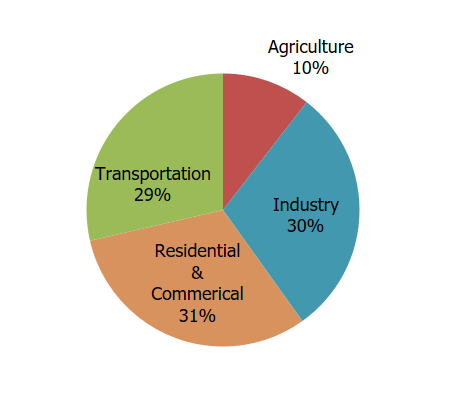If there were some way the average person could help make a tiny dent in the climate change problem, should we do it? I understand the desire to shield industry from unfair competition from overseas, but the Chinese have developed a way to help curb our emissions. I guess what I am asking is how serious we are about global manmade climate change - it seems like just serious enough to talk about it, but when a tool comes along that may help, we have other priorities.
From the linked article:
Chinese-made cars used to be a punchline. Economist Sue Helper, who has spent decades tracking globalization and auto manufacturing, remembers seeing BYD vehicles a few years ago that were, in a word, “terrible.” But she recently took a Seagull for a test drive in a parking lot in Detroit. (They are not allowed on U.S. streets.)
“It’s impressive,” she says. “It’s cute.”
The Seagull would cost more than $10,000 in the U.S., given that it would have to be modified to meet U.S. safety standards. But you could double the price of the Seagull and it would still be a steal.
In fact, you could double the price and pay the 27.5% tariff, and it would still undercut every EV for sale in the United States.
Aside from questions about the infrastructure in the US being able to handle millions of cheap EVs, should we lower the barriers somewhat to allow some of these cars on our roads? How can US automakers compete - should we give them a timeline to develop domestic options before allowing Chinese cars into our markets? It just seems like if you want to start addressing environmental concerns with AGW we would want to start with things that are in the reach of average people - but in this case we are prioritizing jobs over progress. Maybe there is a middle-ground that allows for some progress while also protecting livelihoods? Thoughts?
